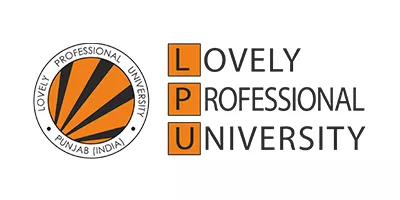Amity University (Online Education…
Amity Online programs are designed to boost your…









Embark on a journey of discovery and growth with us, where every step brings you closer to unlocking your true potential. Knowledge is the foundation of progress, and we are here to guide you with resources, insights, and support tailored to your aspirations. Together, let’s take the first step toward a brighter, more informed future.
Many employers accept distance education, especially if the program is from a reputable, accredited institution. Recognition can vary by industry, so it's essential to choose wisely. Highlighting relevant skills and achievements during interviews can also help showcase the value of your distance program.
Selecting the right program involves researching the institution’s accreditation, faculty expertise, curriculum, and alumni outcomes. Look for programs that offer robust support systems, such as dedicated mentors, peer interaction, and access to career services.
Distance and regular MBAs each hold value, depending on factors such as the institution's credibility, accreditation, networking opportunities, cost, and your personal goals. While a regular MBA offers on-campus experiences, a Distance MBA provides flexibility, making it ideal for working professionals.
An MBA is a university-issued degree, while a PGDM is a diploma from an autonomous institution. MBAs often follow a standardized curriculum, whereas PGDMs may be more industry-focused and flexible. Both options have merit; understanding the course structure, industry connections, and long-term value can help you decide which aligns with your goals.
Distance learning offers flexibility, making it an excellent choice for individuals balancing work, family, or other commitments. It enables studying from virtually any location without sacrificing quality education. Moreover, advancements in online learning technology have made distance education more interactive and engaging than ever before.
Distance education offers unparalleled flexibility, allowing you to learn at your own pace while balancing personal and professional commitments. It often reduces costs associated with relocation and commuting, providing access to a wide range of programs regardless of your location.
Yes, many distance programs use advanced online platforms to deliver interactive learning experiences. Features like live sessions, discussion forums, virtual labs, and group projects ensure that students stay engaged and connected.
Absolutely! One of the main advantages of distance education is its flexibility, making it possible to balance work and studies. Many programs are designed for working professionals, offering evening or weekend classes and self-paced learning options.
Yes, distance learning programs often equip students with the skills and knowledge needed to transition into new careers. Choosing a program aligned with your career goals and gaining relevant certifications or experience can further enhance your prospects.
Many institutions offer financial aid, scholarships, or payment plans for distance education programs. Check the specific institution’s website or contact their financial aid office for details.
WhatsApp us